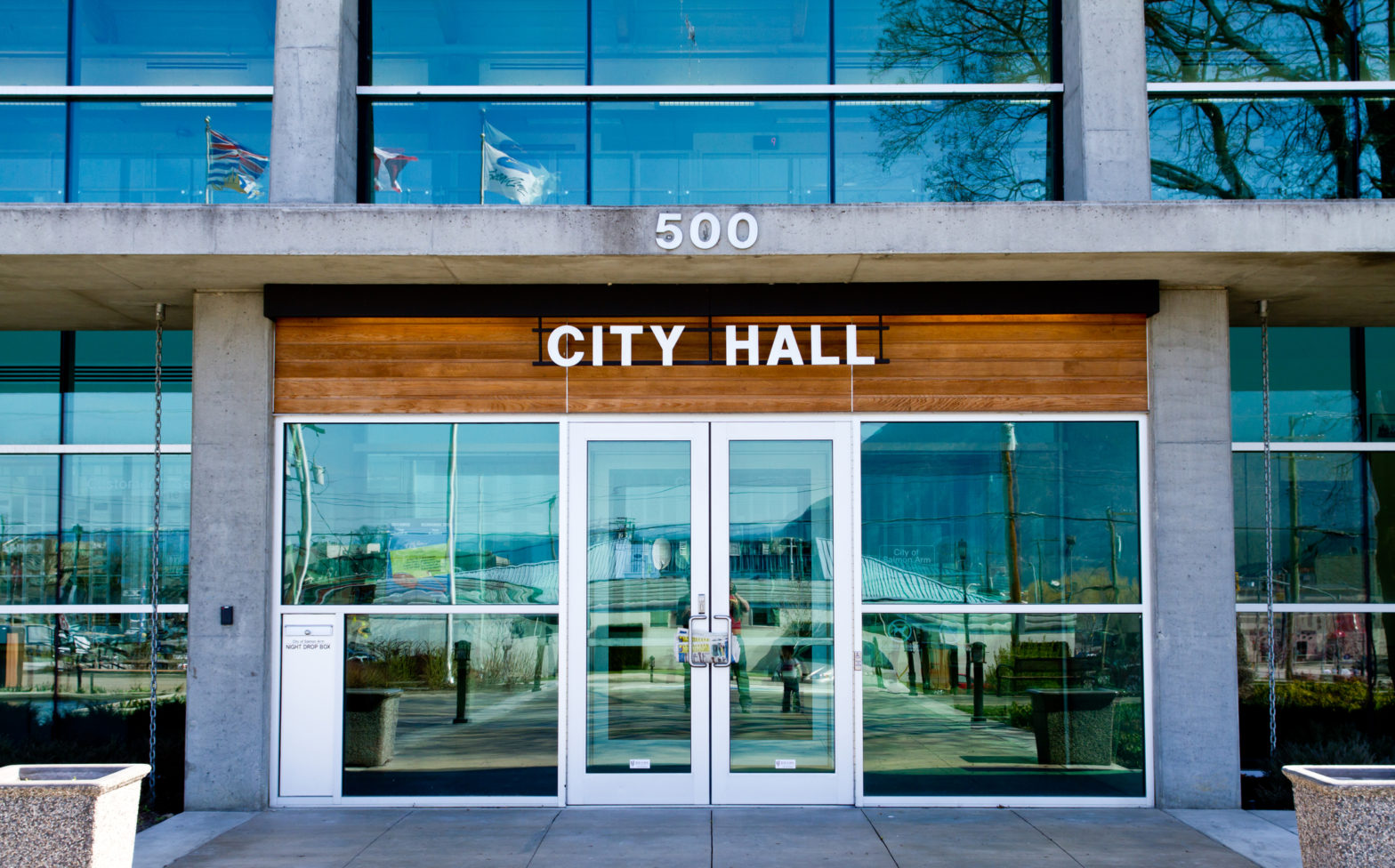
New AI tool links urban data silos
11 July 2025
by Jonathan Andrews
UrbanLogiq has developed a new AI-powered platform designed to help governments better understand and anticipate the complex behaviour of their communities.
The Global Foundation Model gives cities a unified digital view of how land use, infrastructure, and policy decisions interact–combining siloed government data with private sector sources to inform more effective and equitable public services.

“The model takes data from all levels of government and from every domain and marries it with private sector data sources to provide the world’s most complete common operating picture of community behaviour,” Mark Masongsong, CEO and Co-founder, UrbanLogiq, told Cities Today.
The platform’s proprietary machine learning models identify relationships between different features within a community–for example, how traffic volume is predictive of economic health, or how infrastructure choices impact job accessibility or environmental outcomes.
“This allows governments to not only understand their community’s needs, but also to predict and model the impact of different policy decisions,” said Masongsong. “Optimising the quality of life for citizens and maximising the effectiveness and efficiency of government spending, with data driven decisions performed in minutes instead of months.”
Early adopters are already applying the model to respond to both long-term planning goals and immediate pressures such as climate risk or housing affordability. Some cities (unnamed) have developed a basket of key performance indicators that balance safety, sustainability, equity and economic strength, with the model evaluating investment and policy decisions against these metrics.
“Given a set infrastructure budget, one option may maximise traffic and pollution reduction but with the side effect of raising housing prices in low-income communities,” said Masongsong. “The system is used to suggest a more balanced option, or alternatively what mitigation measures may be taken to address the negative side effects of the desired plan.”
To support the platform’s development, UrbanLogiq has launched a Strategic Alliance Program that invites public sector partners and global organisations to contribute data and expertise.
Masongsong emphasised that cities retain control: “Governments own all their data, all modelling is transparent and explained to the government, and the governments are involved in the development of the algorithms.”
In one example, a client city created a Community Advisory Committee to identify local priorities, while a Technical Advisory Committee of independent experts provided oversight.
Masongsong added: “Our North Star is to act in the wishes of our community partners.”
Main image: Brad Calkins | Dreamstime.com











